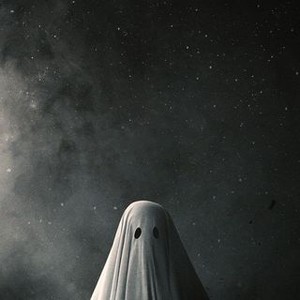
A couple years ago, Robin and I saw a movie entitled A Ghost Story. In this movie, written by David Lowery and starring Casey Affleck and Rooney Mara, a recently deceased man now exists as a ghost. In a unique, yet simple, rendering, Lowery’s ghost — played by Affleck — wears a white sheet with black eyeholes. At times, this seems childish, and intentionally so. It brings together childhood images with deep matters of life and loss.
Without saying too much about the film, I would only say that one of its main themes is this: The places we go, the people we love, the things we do — all of these become forever intimately intertwined with our own identity.
In a very real sense, our brains break down the linearity of time, so that certain people and places can cause us to be transported to other moments. Seemingly insignificant moments can be loaded heavily with meaning after the fact. Simple conversations and shared experiences can become some of the most crucial in our lives. I am still amazed how walking into a place from my past, with its sights and smells, can dramatically take me back to those times.
The timing of this movie was fitting, personally, as we were in the midst of packing for a move. After seven years in our house — during which time we welcomed two children into our family, I completed a Ph.D., we celebrated ten years of marriage, and more — we were packing up and turning the page to a new chapter in life. I had become highly nostalgic. Every space was invested with a high level of meaning, as I knew the time to move on drew near.
In many ways, though, I knew that we would take with us memories that will live on beyond that time. So I know that those years — the good and the bad — will go with us.
This line of thinking also taps into what the church has long said as it has reflected on its meal, the Lord’s Supper. Jesus said, “Do this in remembrance of me.” Sadly, many Christians have assumed that Jesus meant, “Think about me.” Much like Peter Pan and the Lost Boys, Christians are to “think happy thoughts.”
But much more is going on. Jesus is saying that when we share the meal, we participate in a moment that breaks down the barrier of time; past (when Jesus shared the meal with his disciples), present (when we partake), and future (when we “feast at your heavenly banquet”) collapse. We grab hold of something in the present that brings us actively into a past action and a future action, both of which empower and invigorate our present.
Memory is one of the most precious gifts we humans possess. It is equally responsible for grief and joy. At the end of the day, it’s often all we have to remind us of the life we have lived.